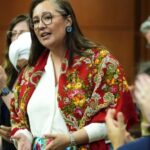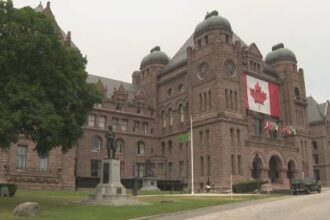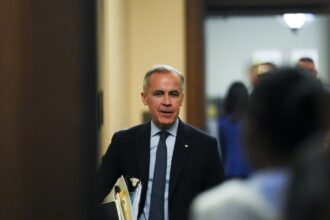As Alberta grapples with a growing measles outbreak, health officials are sounding the alarm about the potential dangers of large public gatherings, particularly for vulnerable populations. The province has recorded multiple confirmed cases in recent weeks, sparking renewed concerns about community transmission in areas with lower vaccination rates.
“What we’re seeing now is the inevitable consequence of vaccination hesitancy combined with increased global travel,” explains Dr. Marian Fraser, infectious disease specialist at the University of Alberta. “Measles is extraordinarily contagious—capable of lingering in the air for up to two hours after an infected person has left the space.”
The timing couldn’t be more problematic, with summer festivals, concerts, and community events scheduled across the province. Public health officials are particularly concerned about risks to immunocompromised individuals, pregnant women, and young children who haven’t yet completed their vaccination series.
Alberta Health Services has established temporary vaccination clinics in Edmonton and Calgary, offering free MMR vaccines to eligible residents. Healthcare workers are reporting a surge in demand as awareness of the outbreak spreads through communities.
“This isn’t just about individual choice anymore,” notes epidemiologist Dr. Thomas Lin. “When vaccination rates drop below the threshold needed for herd immunity—roughly 95% for measles—we put our most vulnerable community members at serious risk.“
Parents like Sarah Donovan from Lethbridge are reconsidering summer plans. “My son is undergoing chemotherapy and can’t receive live vaccines right now,” she told CO24. “Suddenly, every crowded space feels like a potential threat to his health.”
The outbreak has also reignited debates about mandatory vaccination policies in schools and public spaces. While Alberta currently allows for personal exemptions from school vaccination requirements, some health policy experts argue that the current crisis demonstrates the limitations of this approach.
Provincial health authorities recommend that unvaccinated individuals avoid large indoor gatherings where possible. Those with symptoms—including high fever, distinctive rash, and respiratory symptoms—are urged to isolate immediately and contact healthcare providers by phone before seeking in-person treatment.
“Measles isn’t a mild childhood disease,” emphasizes Dr. Fraser. “Before widespread vaccination, it killed hundreds of thousands globally each year. Even today, complications can include pneumonia, encephalitis, and in rare cases, death.”
As provincial officials scramble to contain the outbreak, the situation raises pressing questions about the balance between individual freedoms and collective responsibility. How will Alberta’s approach to public health evolve if this outbreak continues to grow, and what lessons might other provinces draw from this emerging crisis?











